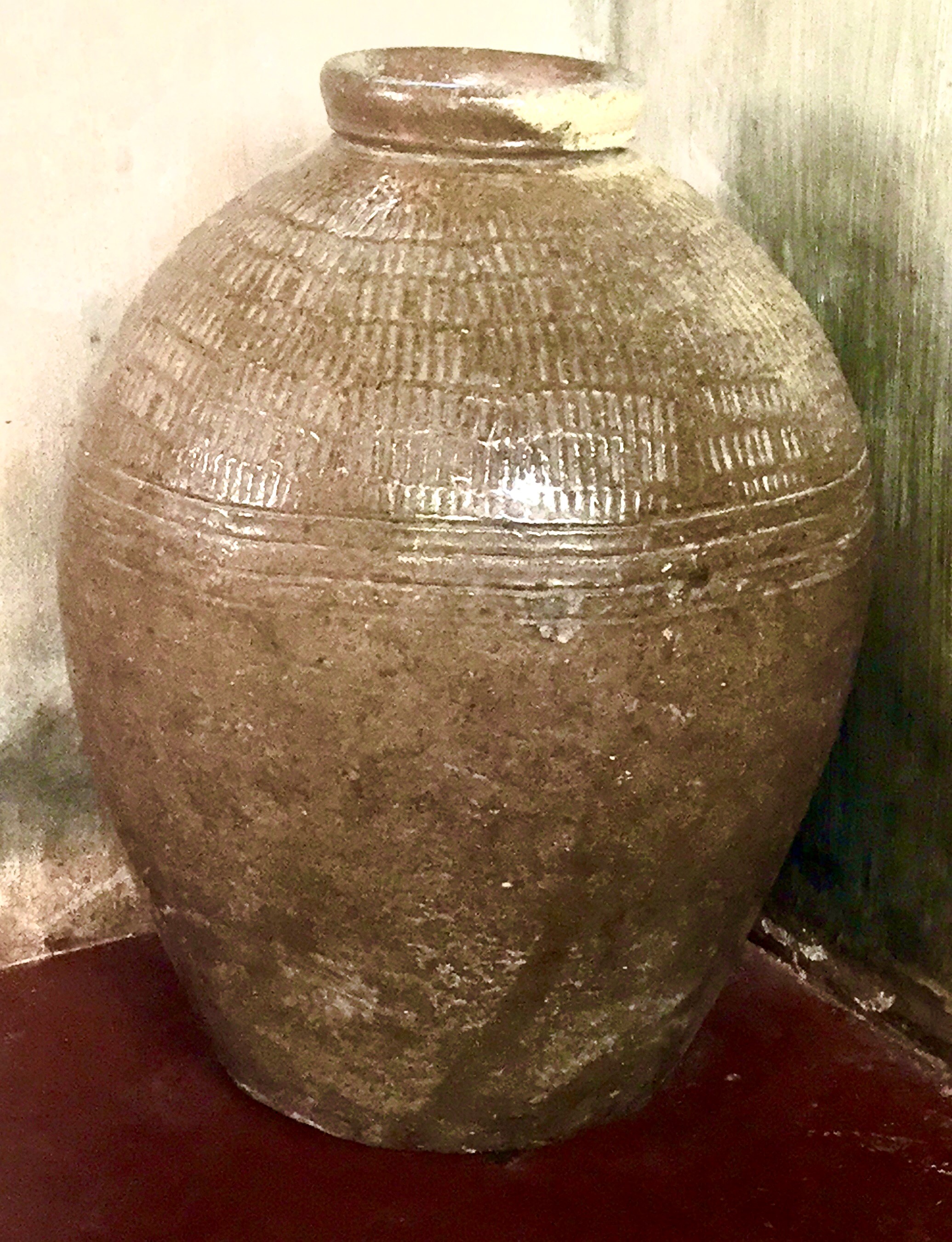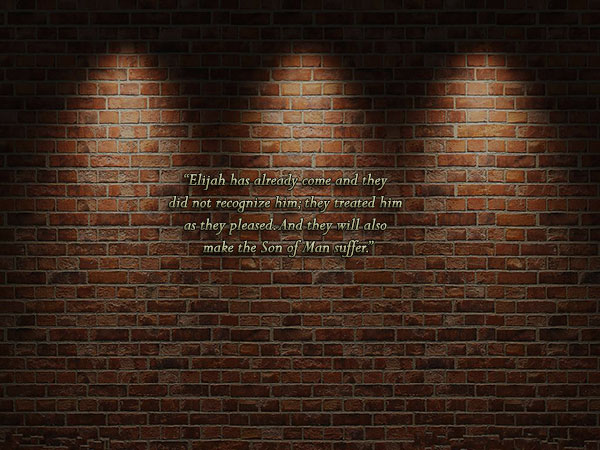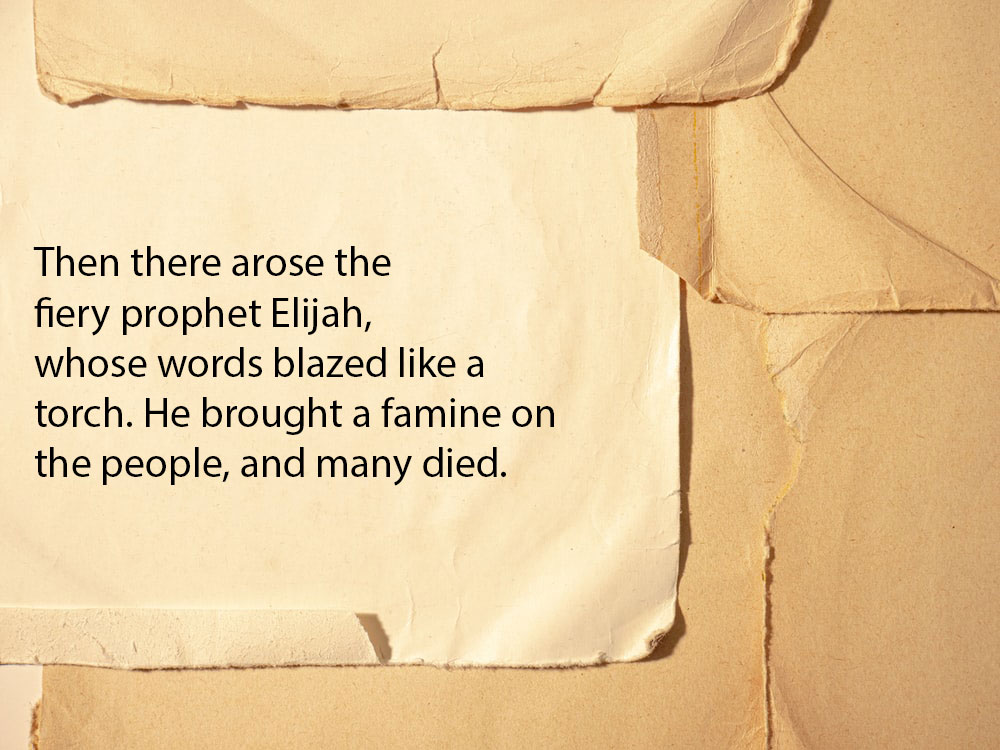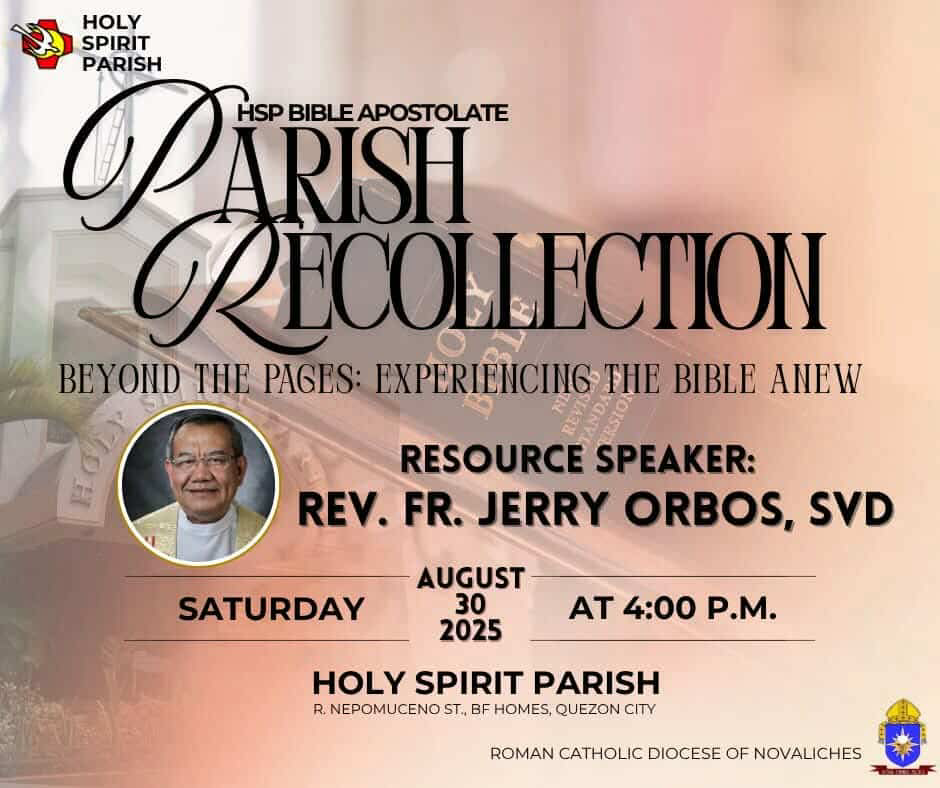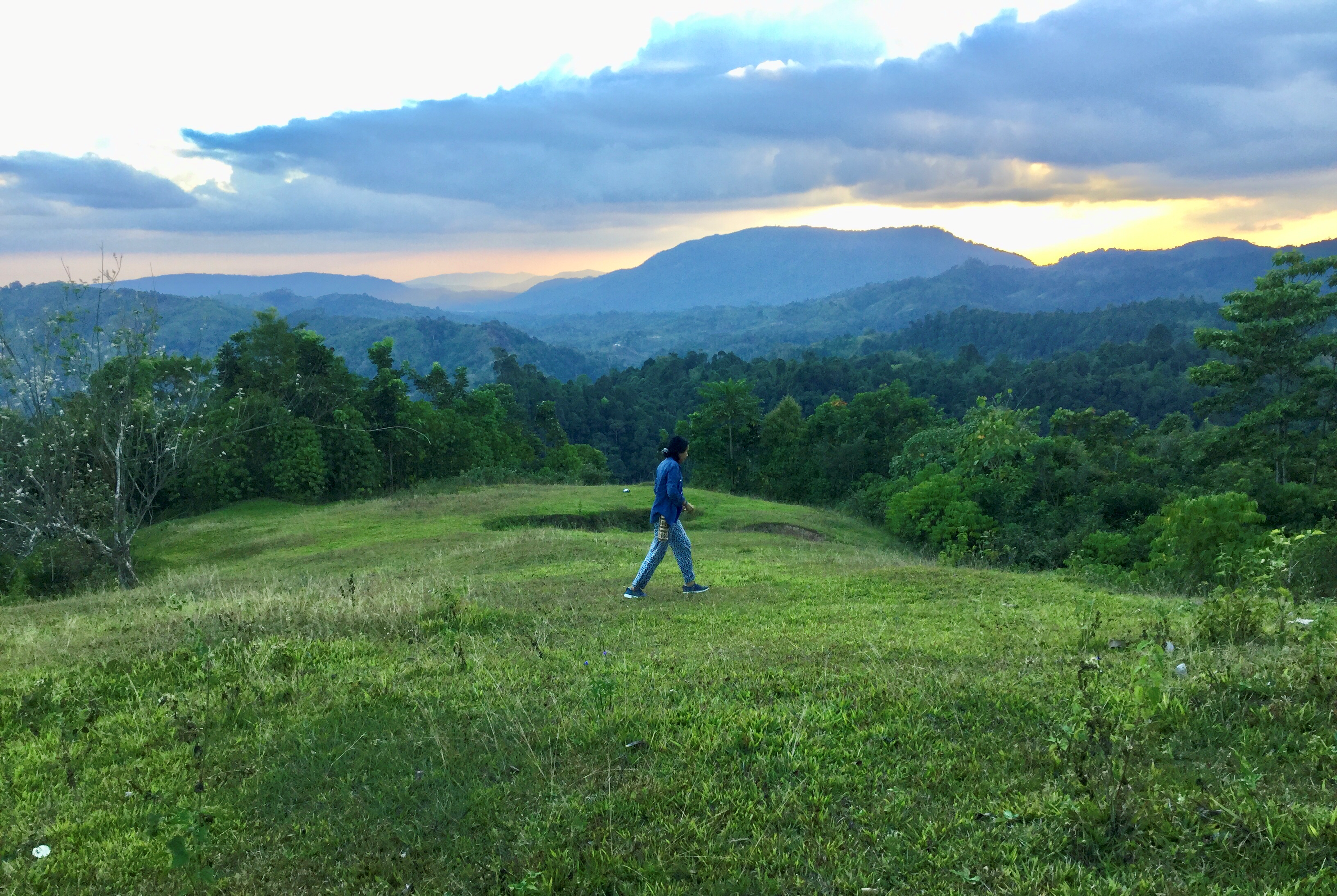
“We are travelers on a cosmic journey, stardust, swirling and dancing in the eddies and whirlpools of infinity. Life is eternal. We have stopped for a moment to encounter each other, to meet, to love, to share.This is a precious moment. It is a little parenthesis in eternity.” – Paulo Coelho, The Alchemist
Walking is an essential part of our life’s journey. It entails a movement from one place to another in order to get to our intended destination everyday. In other words, we walk towards a goal and not only wander aimlessly.There are long and short walks depending on the distance. We walk for many different reasons and purposes. We walk to exercise so as to keep fit and in good health. We walk for leisure and pleasure or to support an advocacy like justice and peace marches as well as in solidarity for a specific cause. We join solemn processions as part of our religious faith traditions or take part in parades to celebrate great festivals in places where we live. More importantly, we walk because we are born with the gift of freedom to do the things we need to accomplish everyday for us to be able to live worthy of our dignity as human beings.
Hence, the ability to walk is a grace and a miracle which we only learn to value the day we find ourselves unable to walk due to accidents, illness or old age. I remember my father. He loved taking daily walks for his morning exercise. He would wake up very early to jog around parks and anywhere he felt like going. My mother used to tell him jokingly, “Papa, don’t be too healthy or else you will get to live longer than me!” And true enough, mama passed away more than a year before my father died. Her absence was a devastating loss for him just as it was devastating to see him struggling to stand on his own two feet and walk for the last time. It happened one afternoon. I heard him calling my name: “Marj, come and help me get up!” I rushed to his side and helped him stand up from his seat. It was a tough act to do for he was definitely taller and heavier than me. Needless to say, he managed to get up and took a few steps forward but the pain on his right foot was simply so unbearable that he could not help it any longer and humbly asked me to help him back to his chair again. I felt a deep sadness in his eyes for we both knew that the time had come for him to let go of his freedom and independence. The time had come for him to say goodbye to the kind of life he had always lived and loved. Those were painful times of loss and grieving for papa who held on to dear life confined in bed at home and in the hospital for more than a year until he finally succumbed to death’s call in November 2012.
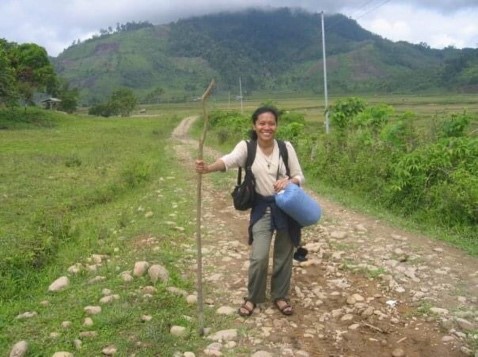
Time flies but somewhere inside of me is the fear of dying in the same manner like my father since I have inherited in my blood this silent killer. And so, I try to maintain a healthy and active lifestyle blessed for still having both feet to keep me going while I still can. Looking back, I am deeply grateful to the Lord for the twenty five years of journeying with Him as a religious missionary since I made my first vows in September 9, 1995 as a Guardian Angel Sister. I have walked to countless places near and far in many different countries and there were always unforgettable experiences that have marked my itinerant life as I fondly recall all these years of journeying with the Lord and His people: the long and uphill climb on slippery paths leading to the mountain village of the Subanens in Lanayan, Zamboanga del Sur, the freezing cold walks in winter to train stations and bus terminals in Madrid, Spain, the solitary walks along the lonely side streets of the fast paced lanes of Los Ángeles, California, the exhausting and arduous trek along the railroad tracks retracing the footsteps of Central American migrants in Guadalajara, Mexico, the archdiocesan Marian procession under the blazing heat of the sun in Managua, Nicaragua in a peaceful manifestation against the terrible abuses of the conjugal dictators Ortega and Murillo and the tiring yet joy filled pilgrimage with the young people in Panama for the World Youth Day 2019 encounter with Pope Francis. The song, The Journey somehow beautifully captures all of these and more : “What a journey it has been, but the end is not in sight. But the stars are out tonight and they’re bound to guide my way…”
And during these paralyzing times of global pandemic, I am one with humanity’s fear of death caused by this microscopic COVID-19 that has already painfully claimed thousands of human lives the world over and has drastically curtailed our freedom to walk freely due to the lockdown requiring us to stay at home and remain indoors for more than a month now. Naturally, boredom creeps in which can lead to depression and passivity and to fight resistance we must by being pro active keeping an optimistic attitude in order to rise above the death defying menace of an invisible enemy that can make us paranoid to anything and everything. There are many online programs promoting physical activity that can boost our spirits and bodily stamina during these trying times when our faith and endurance is put to the test. Scott Peck (2002) in his book The Road Less Traveled reminds us that life is difficult and convinces us that this is a great truth, one of the greatest truths because once we truly see this truth, we transcend it. Once we truly know that life is difficult – once we truly understand and accept it- then life is no longer difficult. Because once it is accepted, the fact that life is difficult no longer matters.
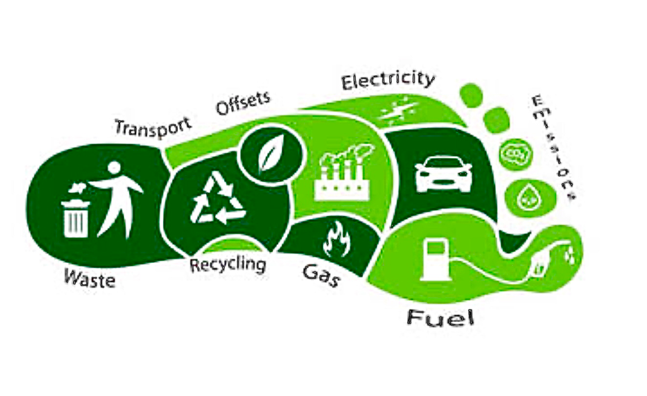
Perhaps this difficult period of lockdown, of enhanced community quarantine and social distancing is a blessing in disguise for it invites us to slow down, to reflect and take stock of the things we value most and those things which we can forego in order to live simply, happily and contentedly. It invites us to take a closer look at the kind of footprints we have left so far in this juncture of our life’s sojourn. One palpable measure is what we call carbon footprint which refers to the amount of greenhouse gases, primarily carbon dioxide, that traps heat into the atmosphere produced by a particular human activity. It can be a broad measure or can be applied to the actions of an individual, a family, an event, a community or organization, and even an entire nation. And the bulk of an individual’s carbon footprint is normally coming from transportation, housing and food consumption. (takepart.com) The point is that, the more we are conscious of our carbon footprints on a daily basis, the more we can help reduce toxic wastes and contamination of greenhouse gases that according to scientists, is the main culprit of global warming.
The reality of climate change can be overwhelming and there are concrete measures that needs to be undertaken on a global level. The New York Times – A Year of Living Better has published some practical suggestions and reminders that we can do on a small scale to lessen our personal environmental impact. Some of them are as follows:
Drive less. Try taking public transportation whenever possible or better yet, use a bike. And if you have to use a car, drive efficiently to reduce emissions. In November 2017, carbon dioxide emissions has surpassed electricity generations as the top source of greenhouse gases since the latter is already shifting from the use of coal to more renewable energy sources and natural gas.
Fly less. Taking one fewer longer round trip flight can lower your carbon footprint significantly. And if one can’t avoid flying, then one can make up for the emissions caused by offsetting them with donations for sustainable projects like supplying efficient stoves to rural homes.
Eat less meat. Experts mostly agree that cutting down on meat, red meat in particular, is a better choice for the environment because the production of red meat demands a lot of feed, water and land. Opting for a vegan or pescatarian diet is likely to be best for the environment.
Waste less. Americans waste about 40% of the food they buy. Making a grocery list helps stick to what one actually would need instead of falling into the trap of compulsive buying because of seemingly good deals for perishable food products that comes by bulk and ends up being thrown to the garbage.
Skip the disposal dishes. Washing plates is more environmental friendly than disposal ones. If you order takeout, wash and reuse the plastic containers that food often comes in.
Turn off lights and appliances when you are not using them and insulate your homes to reduce the heating and cooling costs.
Recycle paper, tin cans and broken electronics. Avoid throwing away and make an honest assessment if there is a real need to replace the old with a new and more updated electronic gadget.
Plant trees. Collect seeds from fruits and vegetables and sow them in your backyard, or in tin cans if you lack space. Make tree planting an advocacy in your organization or community.
Support sustainable environmental projects. Food security is essential and there is a growing number of projects promoting sustainable development that needs financial support and assistance.
In all of our actions, we must endeavor to become living examples of the changes we desire to see in our world for the sake of our future generations. And so by walking the path, we are making the way visible for others to see and follow. For it is said that the longest journey you will ever take is the 18 inches from your head to your heart. Furthermore, a wise elder also said that we will never solve the many critical and life threatening issues before us only through the intellect; for every problem the intellect solves, it creates ten more. This goes without saying that both the mind and the heart are sacred and both are vitally interconnected and should not be separated from each other. For as long as we hold on to a mere rational view of our present condition without involving our emotions, we end up getting nowhere. Our willingness to change often occurs when we go through an emotionally charged experience and not just something we learn in theory.
Now more than ever therefore, we are called to return to the ancient path that does not necessarily involve walking but is so vital for us humanity to embark upon. It is the path that develops the wisdom of the heart that Mother Earth can teach us by listening to the silent music from within through nature’s stillness and majesty. “For today, choose the door that opens to the inside. Travel the most ancient way of all: the path that leads to you, to the center of your life. No map but the one you make yourself. No provision but the one you already carry and the grace that comes to those who walk the pilgrim’s way.” (Jan Richardson, The Map You Make Yourself)
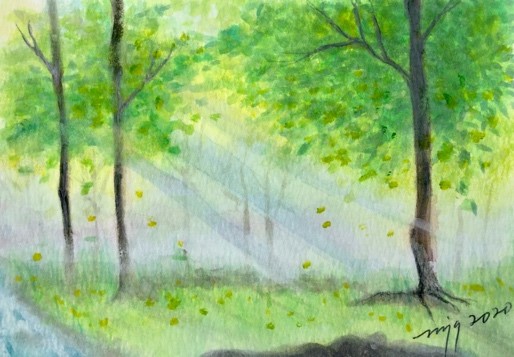
“Why do we have to listen to our hearts?” the boy asked. “Because wherever your heart is, that is where you will find your treasure.” (Paulo Coelho, The Alchemist). Scripture also says: “For where your heart is, there your treasure will be also.” (Mt. 6:21) Phil Lane, Jr. in his article “Walking the Path of the Sacred Journey from your Head to your Heart” beautifully recounts his conversation with his grandfather: “You know grandson, the Great Spirit, Wakan Tanka, has given all people wisdom. To every living thing, he has given something special. Some people receive their knowledge and understanding through books. In your life grandson, you too must read and study books, but remember to take with you in your journey only the things that bring unity within yourself and others, that bring goodness and understanding and help us to serve one another in better ways.”
“Wakan Tanka”, he continued, “also gave the Native people and all those who live close to Mother Earth wisdom and knowledge through dreams, visions, fasting, prayer and the ability to see the lessons the Creator has put in every part of creation. Look at those trees standing over there; the alder does not tell the pine tree to move over; the pine does not tell the fir tree to mover over; each tree stands in unity, their mouth pressed toward the same Mother Earth, refreshed by the same breeze, warmed by the same sun, with their arms raised in prayer and thanksgiving, protecting one another. If we are to have peace in the world, we too must learn to live like those trees.”
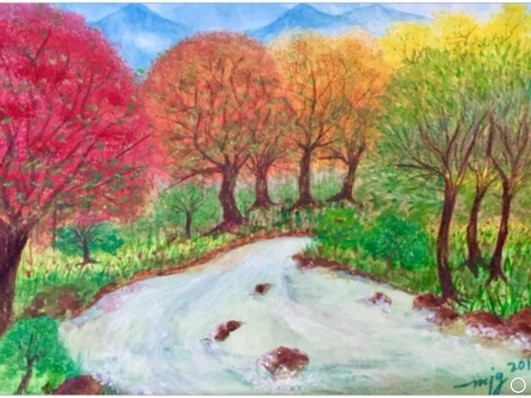
He further recounted what his grandfather told him: “Look grandson at the beautiful teachings the Creator has put in the little stream. Feel the water and see how gently and lovingly it touches your hands. It travels through deserts and mountains and many places, but it never turns its back on anyone and anything. Even though it gives life to all living things, it is very humble for it always seeks the very lowest spot. But it has great faith, power and patience for even though a mountain stands in its path, it keeps moving and moving and finally that mountain is washed into the sea. These are the spiritual gifts the Creator has given to each one of us. If we are to be happy within ourselves and with others, we too must develop these sacred gifts.”
May we find the courage and determination to rediscover the ancient wisdom of our elders through Mother Earth on the path of a peaceful, more equitable and sustainable future. May we choose the narrow path that leads to the fullness of life in Jesus who is our way, our truth and our life. “Jesus said, “I am the way, the truth, and the life; no one goes to the Father except by me.” (John 14:6)
A Prayer
Lord God of all creation,
Maker, Provider and Sustainer
of all life and of all creatures
great and small,
The Alpha and the Omega,
our beginning and our end…
May we become more aware
of our common journey
with the whole of creation towards
a new heaven and a new earth.
May we blaze new trails with the Ruah,
the breath of the Spirit leading us
on our way back Home…Amen.
Marjorie J. Guingona, SAC
May 8, 2020
Nanga Nangan, Zamboanga del Sur


